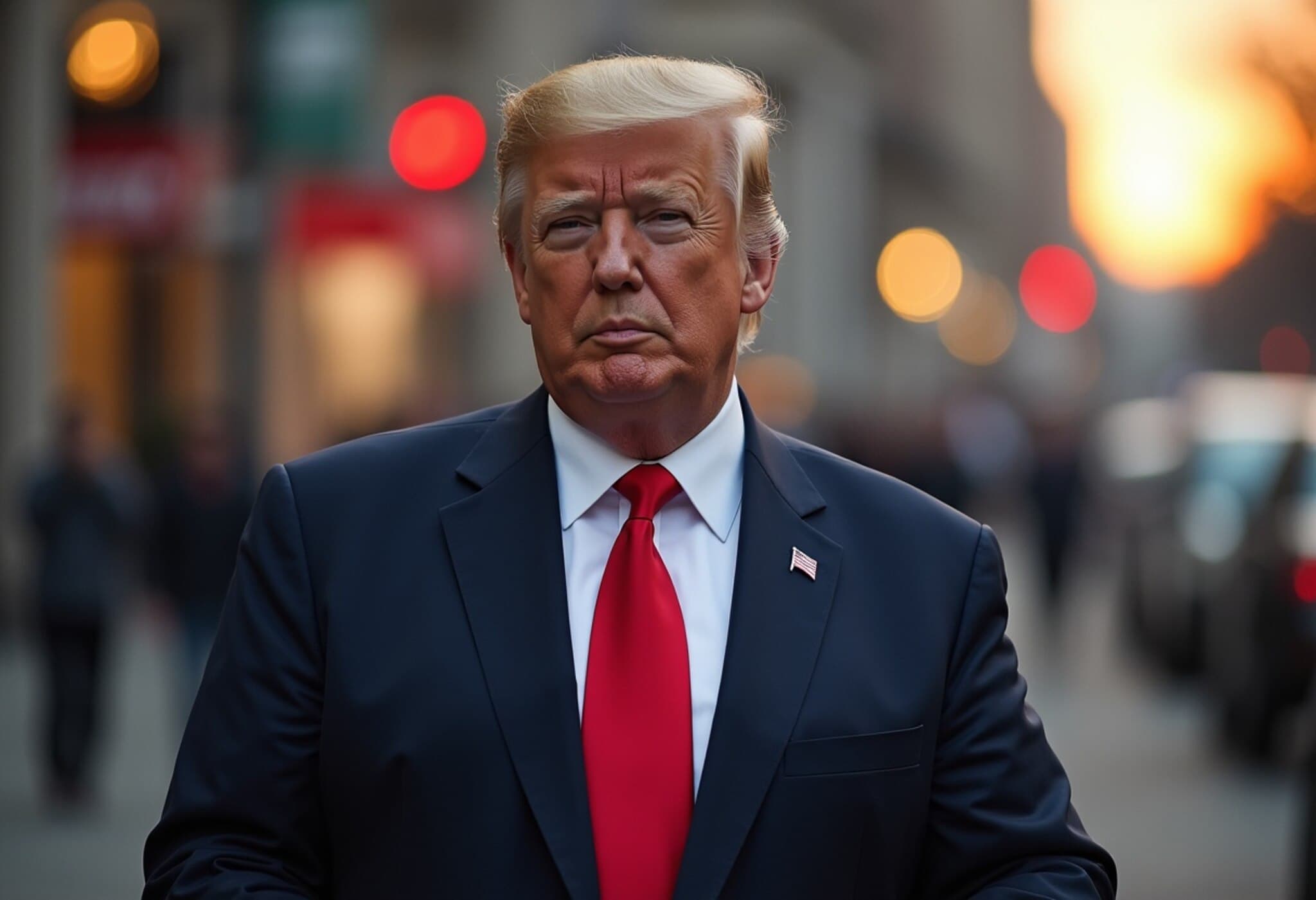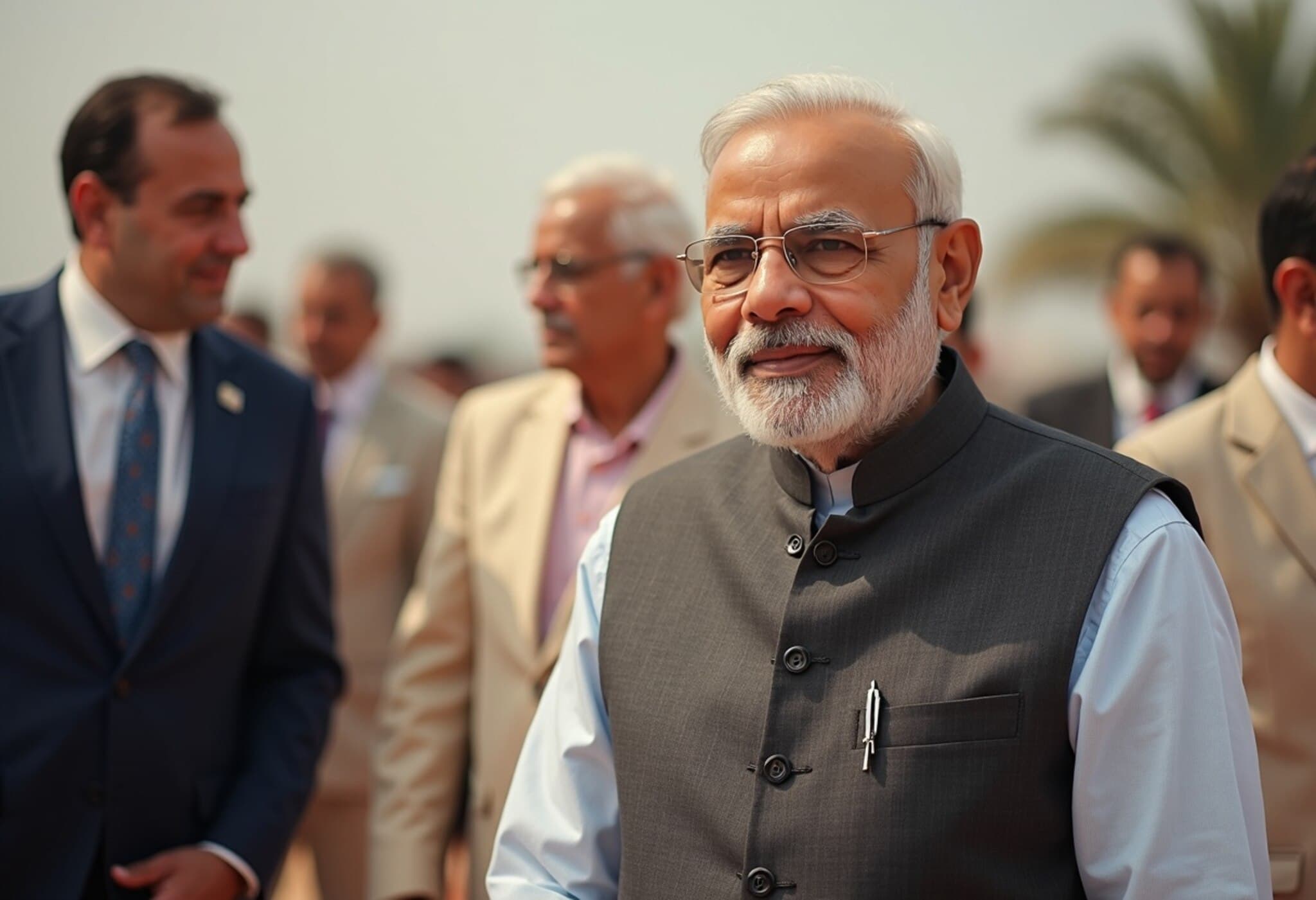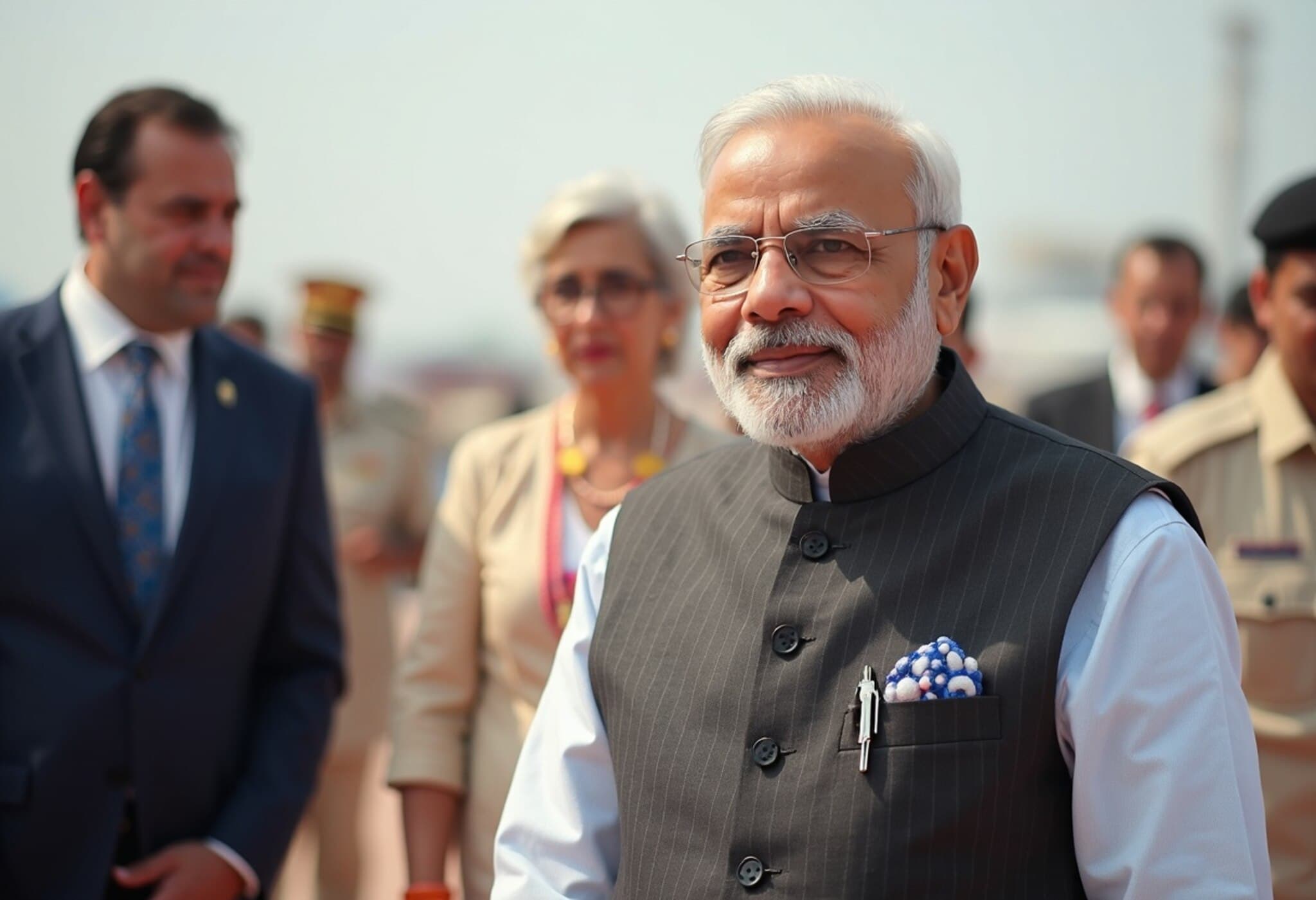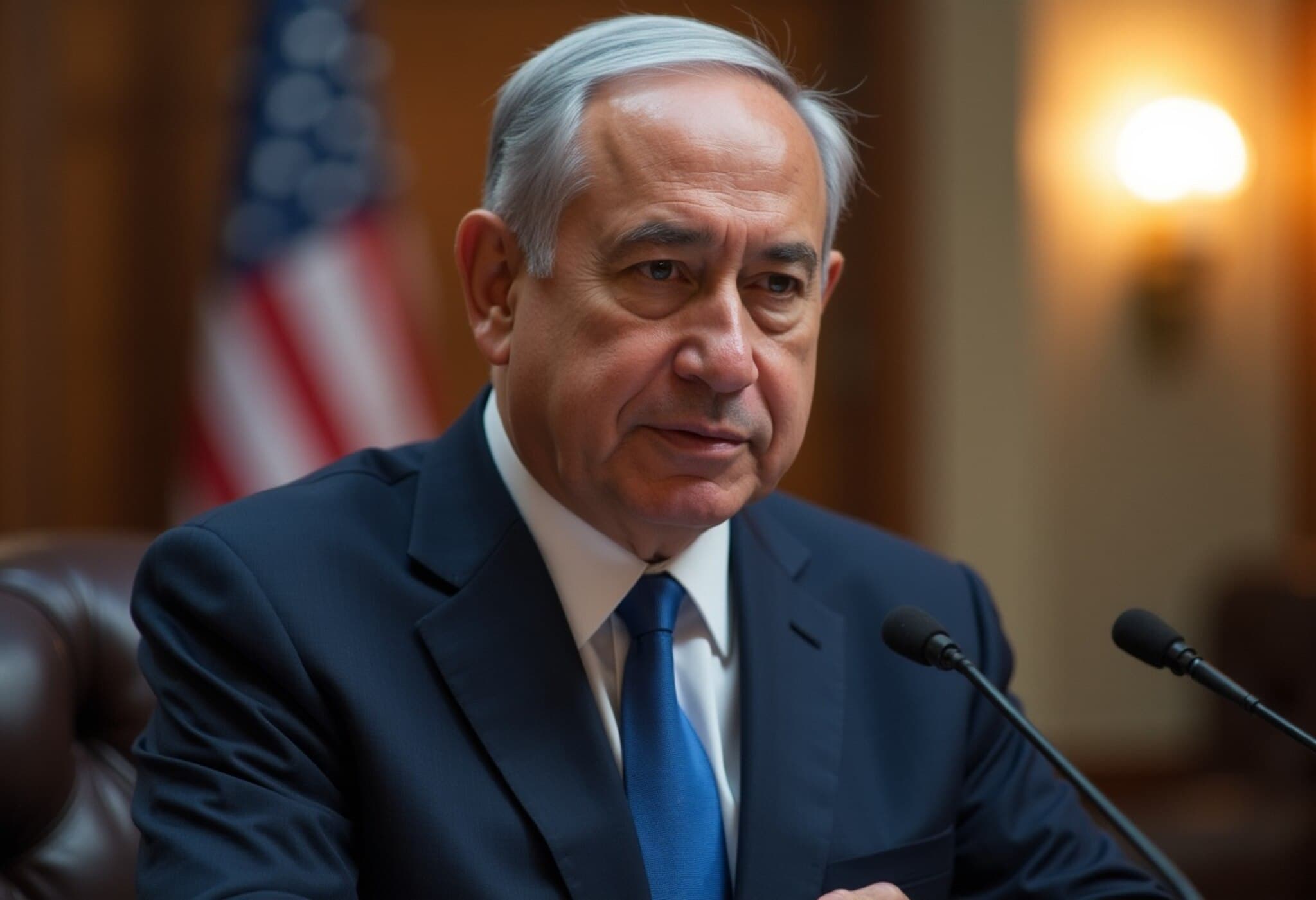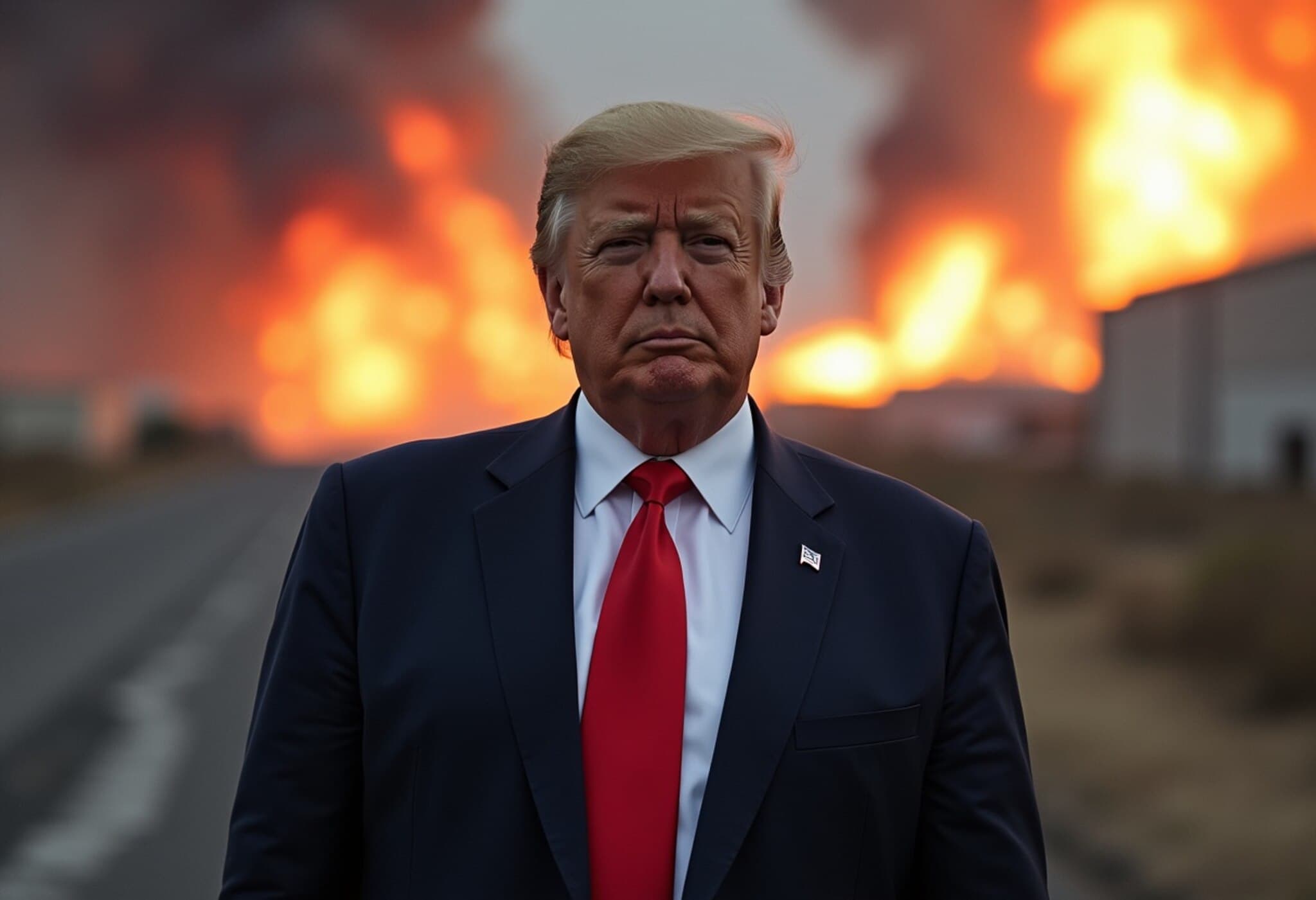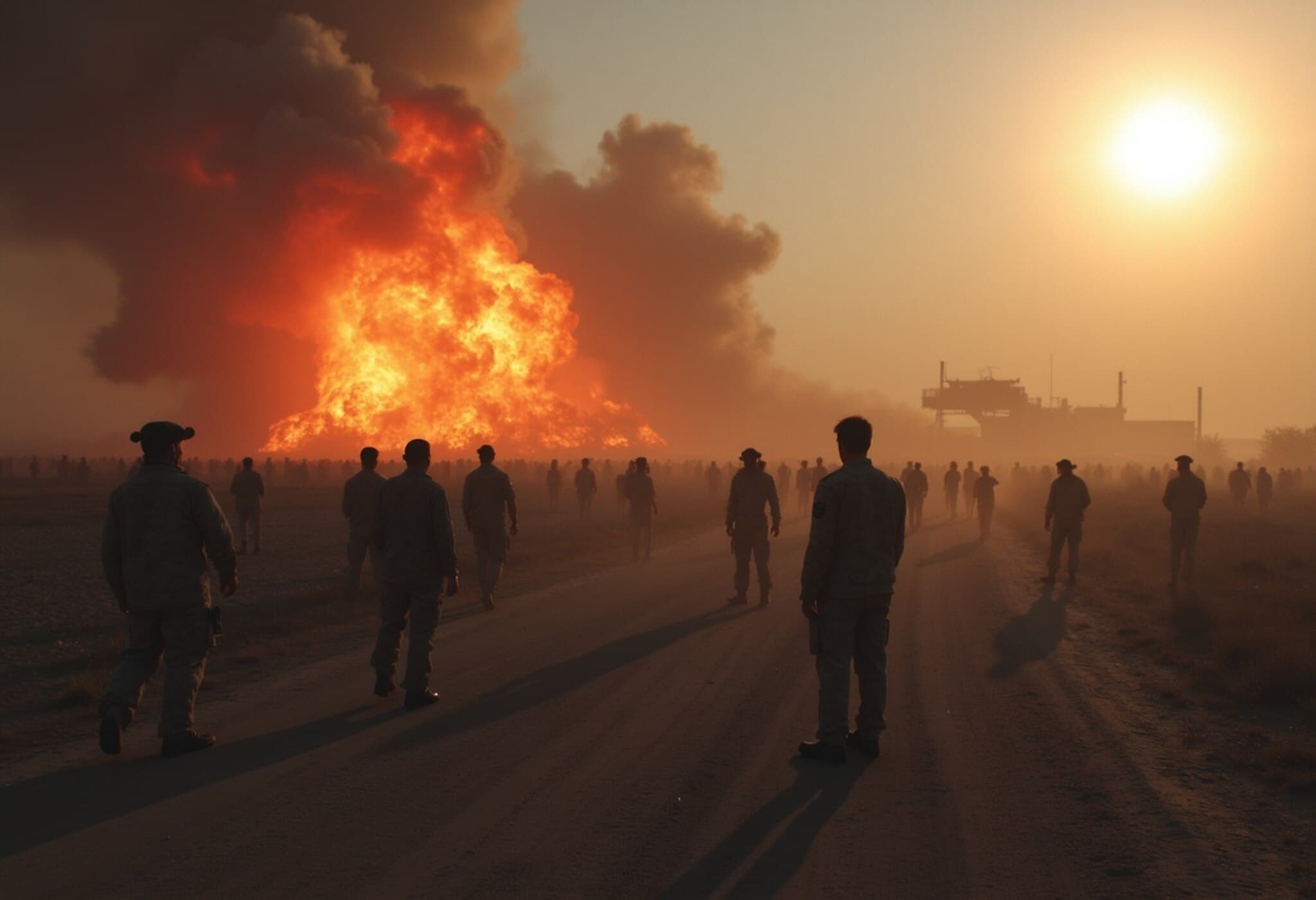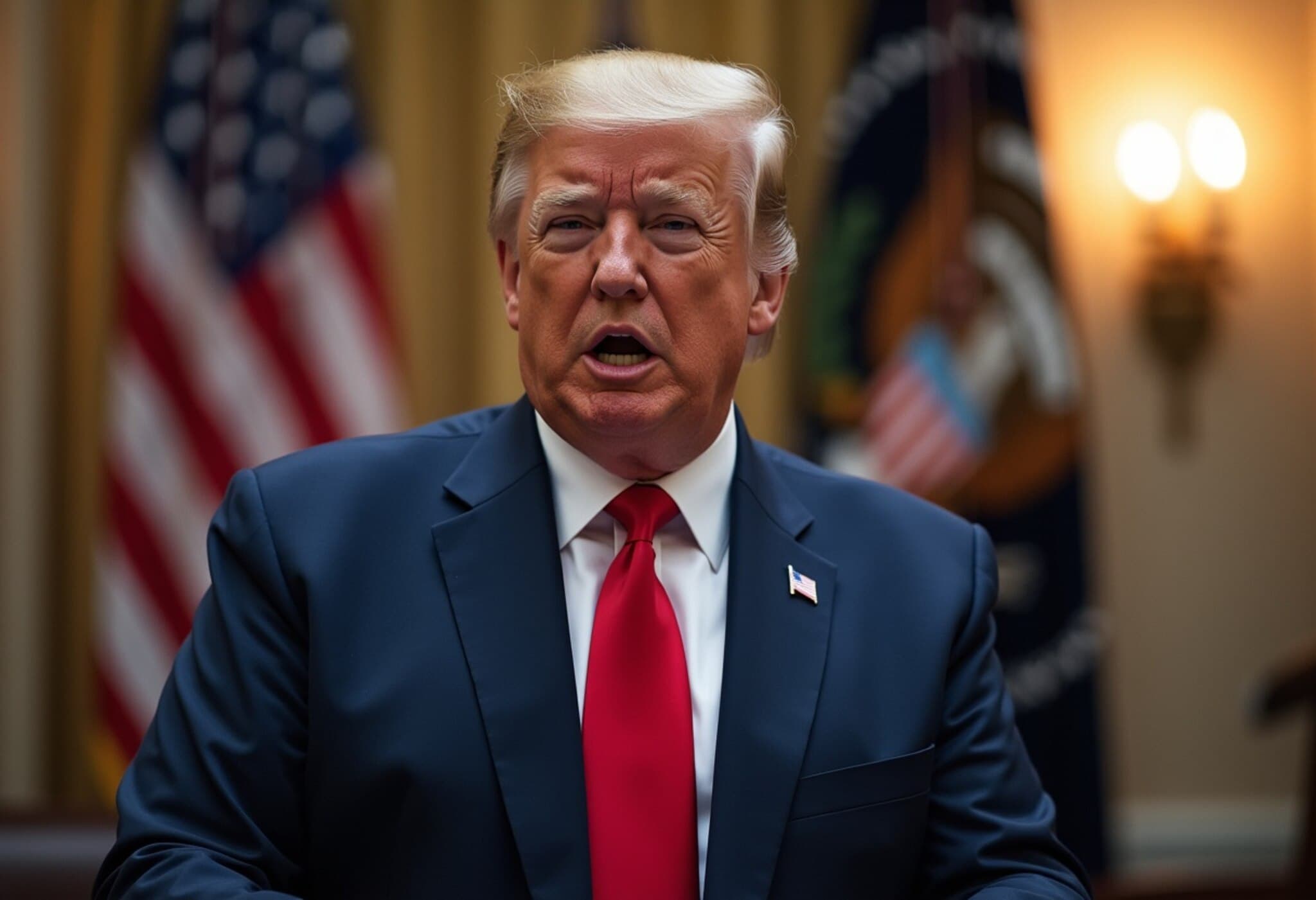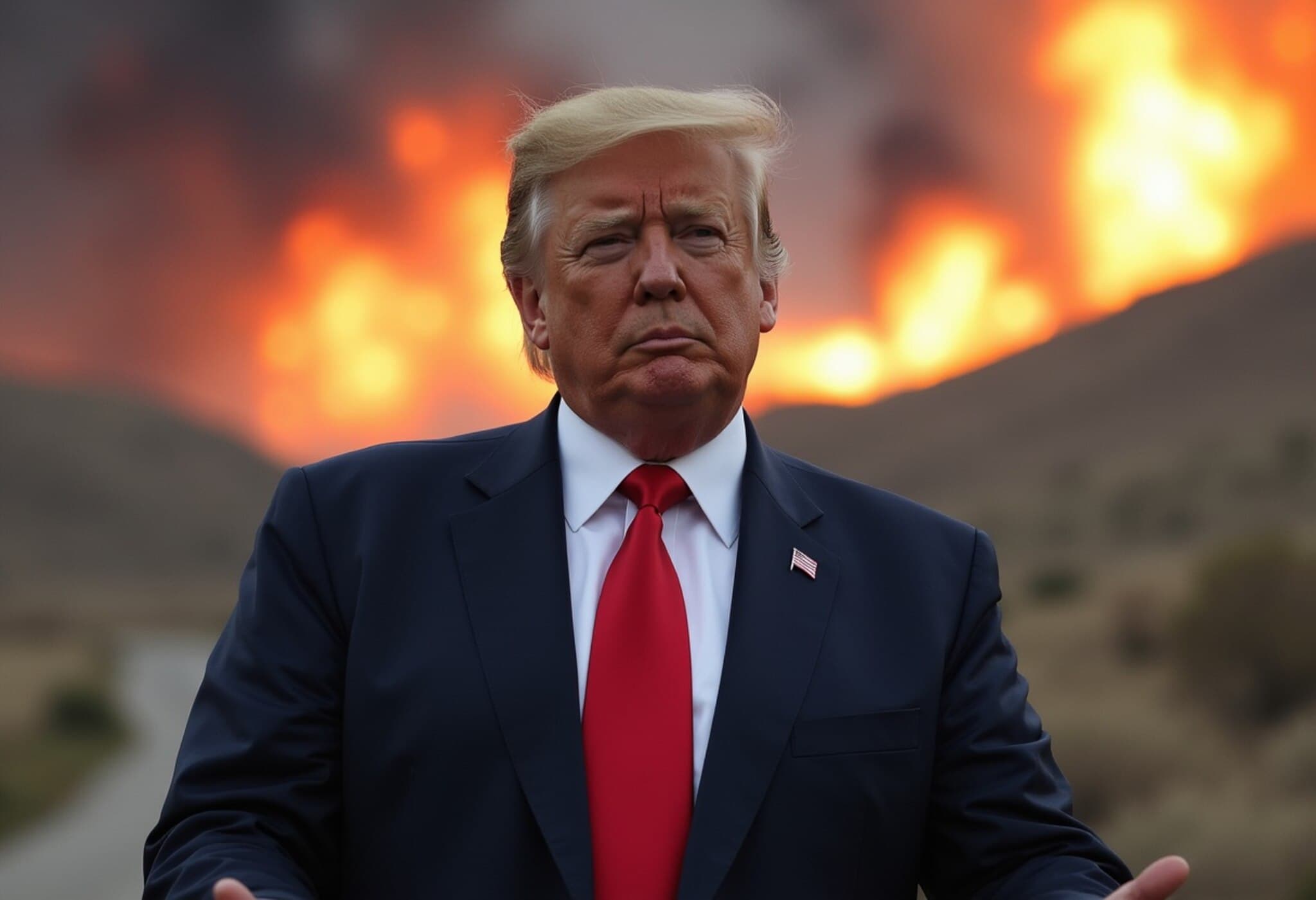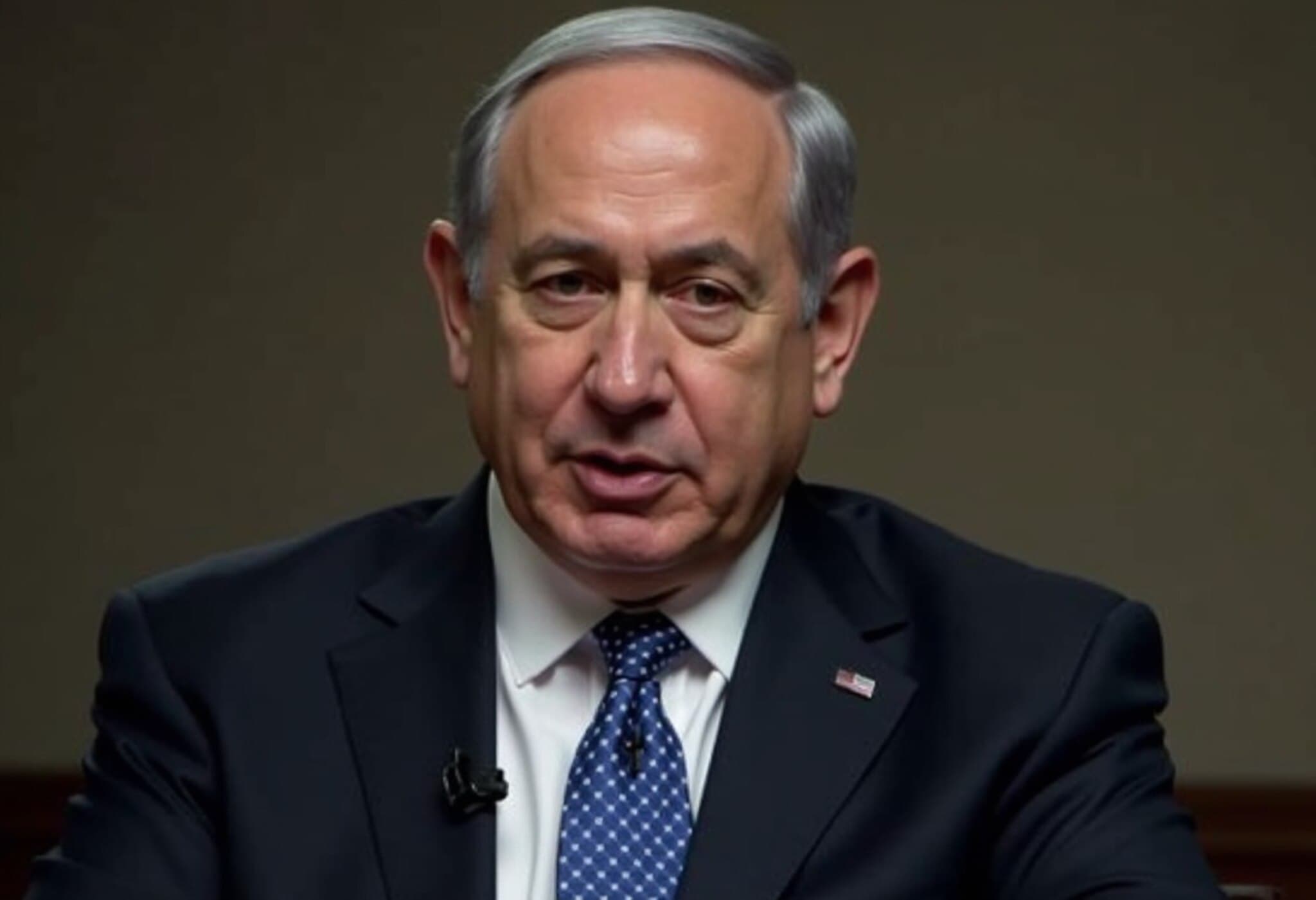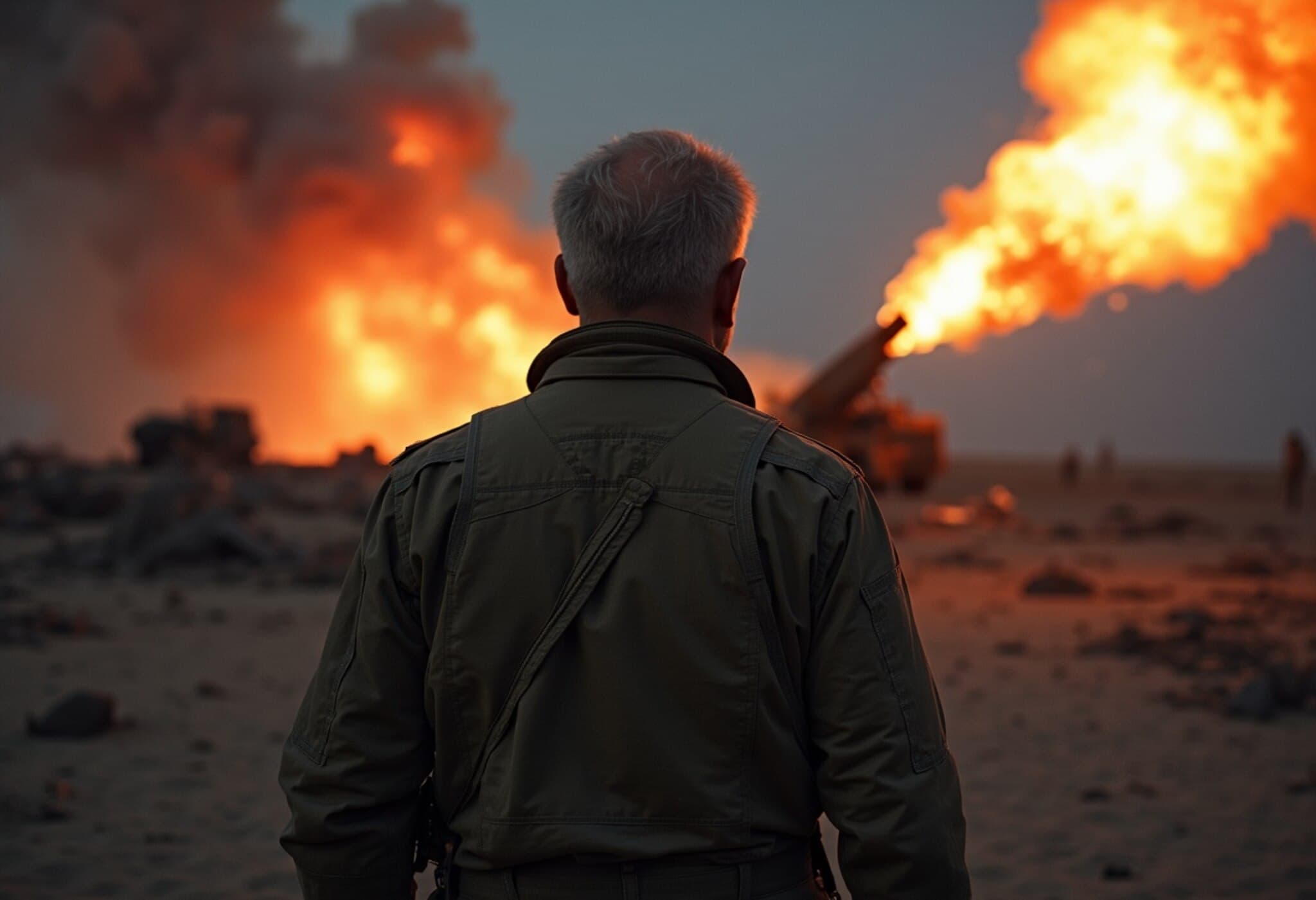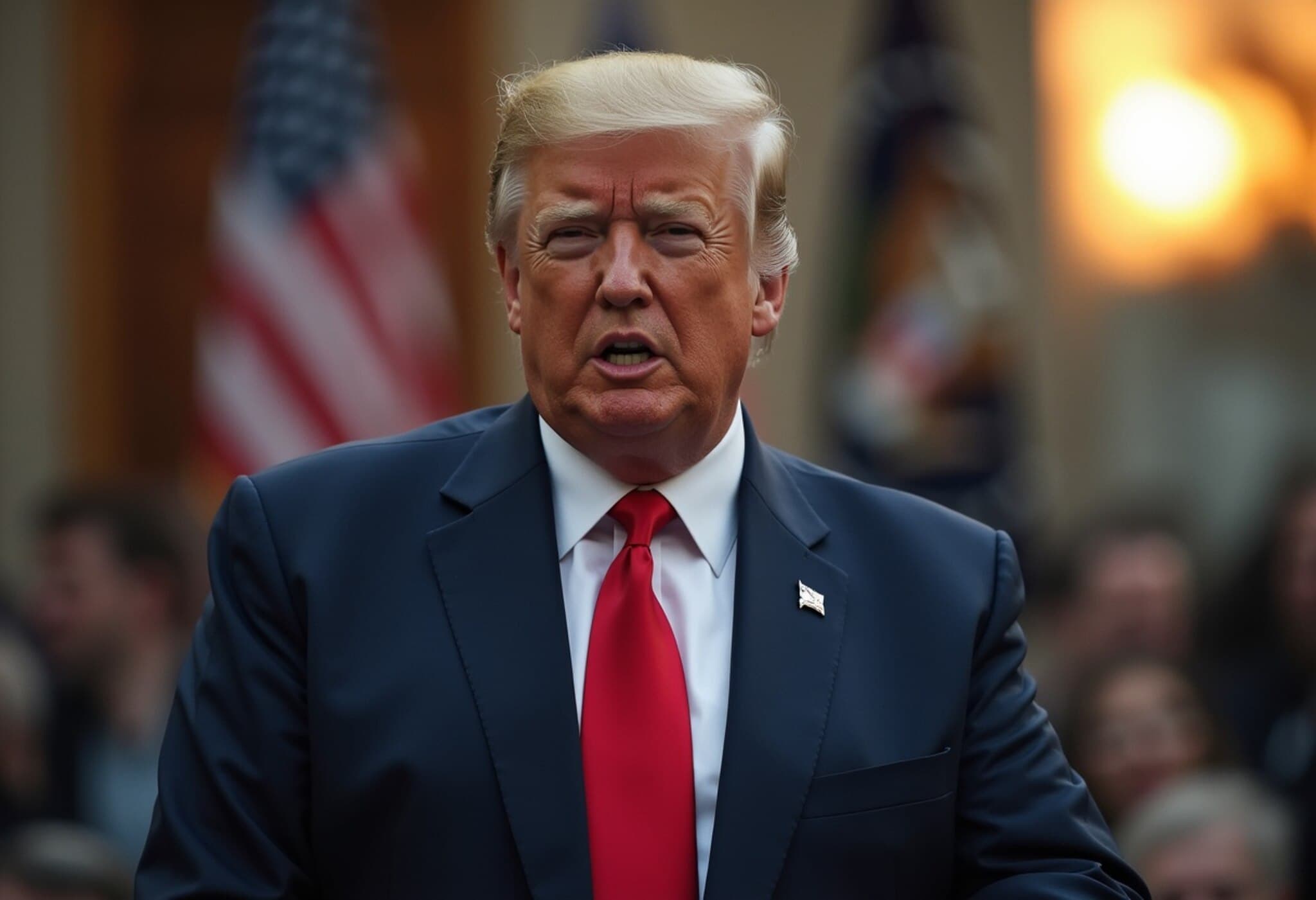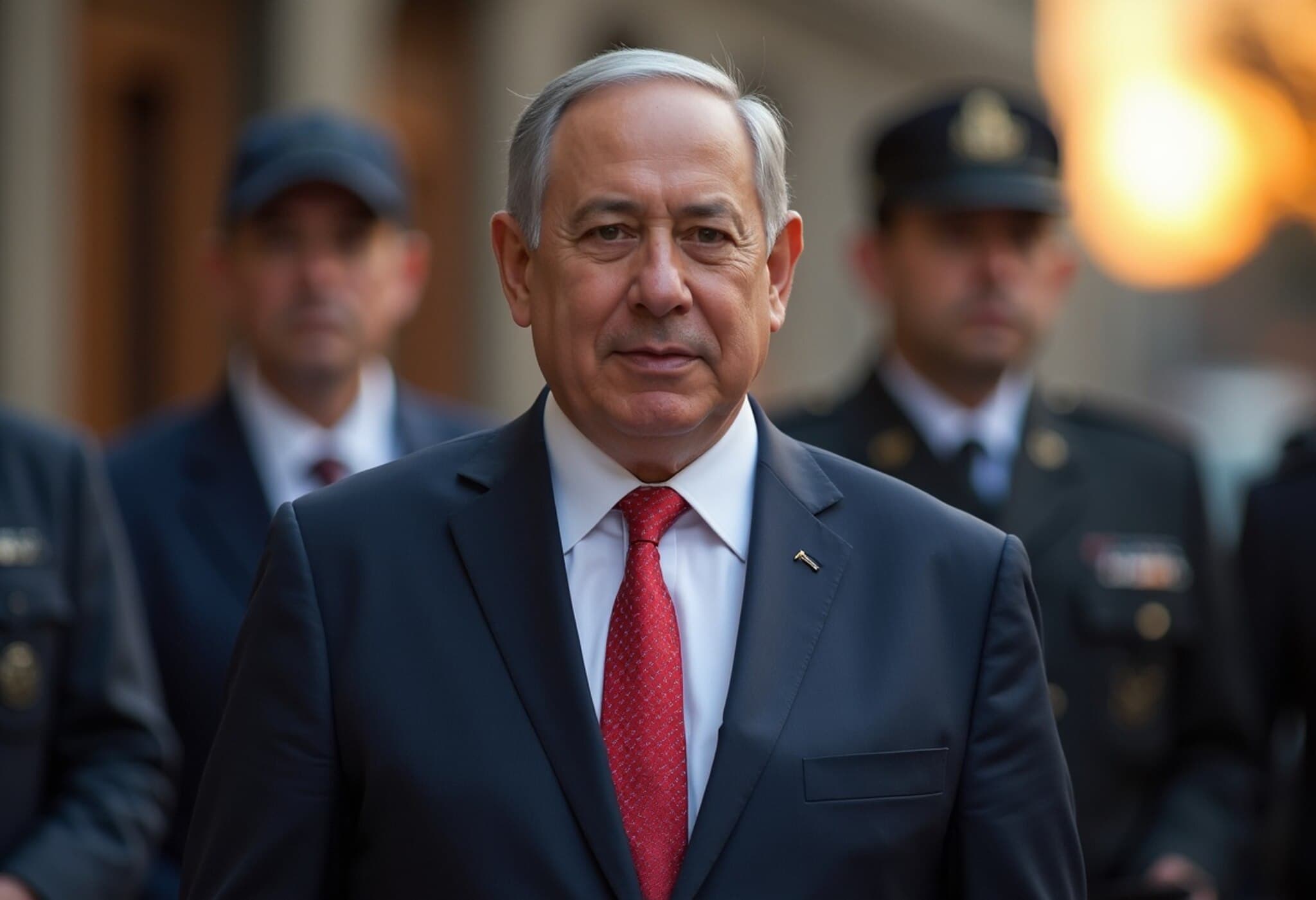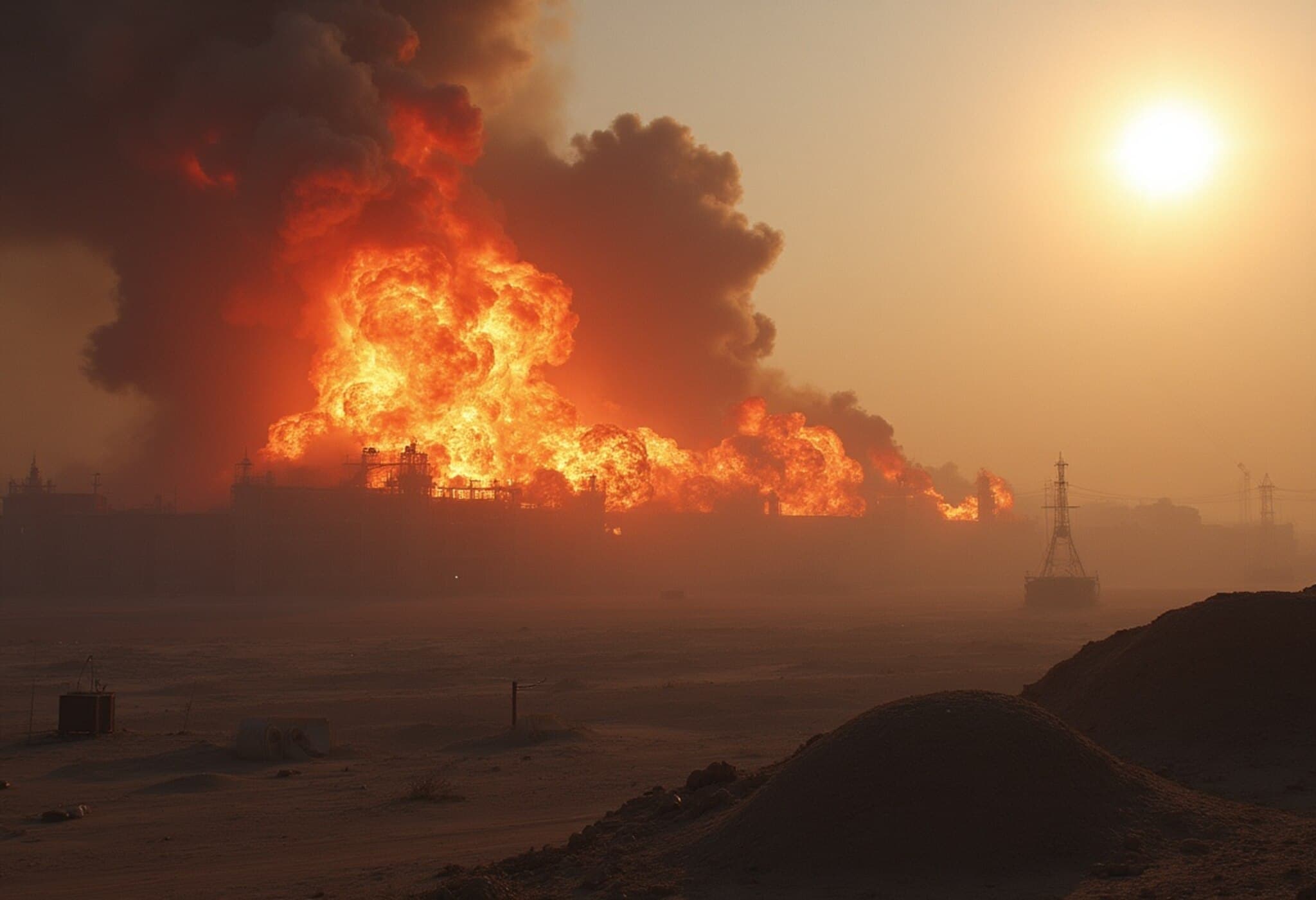From Peacemaker to Combatant: The Shift in US Middle East Policy
Just five months ago, President Donald Trump stood before the nation pledging to steer America away from war and towards peace. In his inauguration speech on January 20, 2025, he declared, "We will measure our success not only by the battles we win but also by the wars we end—and perhaps most importantly, the wars we never get into." Today, that commitment faces grave challenges as the United States launches direct military strikes against Iran.
US Strikes Target Iranian Nuclear Sites
Earlier this week, American forces targeted three critical nuclear facilities in Iran—Fordo, Natanz, and Isfahan—in a significant escalation of tensions following the ongoing Israel-Iran conflict. President Trump confirmed the operation in a public statement, highlighting that a "full load of BOMBS" was dropped on the primary site at Fordow.
Iranian state outlets reported casualties and damage to infrastructure, though they have yet to provide a full assessment of the attack's impact.
A Sharp Turn From Prior Promises
This military action marks a decisive break from Trump’s earlier assurances of keeping the US out of further conflicts. During his 2024 campaign, he promised to "prevent World War Three" and end the "chaos in the Middle East," emphasizing his desire to avoid entanglement in foreign wars.
In November 2024, he warned supporters about the risk of global conflict, stating, "You're very close to World War, you're very close, and we have people that are not the right people to handle that. They are grossly incompetent." Yet now, the US finds itself directly confronting Tehran.
Consistent Toughness on Iran’s Nuclear Ambitions
Despite the sudden military engagement, Trump’s hardline stance on preventing Iran from developing nuclear weapons remains unchanged. On Election Day 2024, he reiterated that Iran "just can't have a nuclear weapon." This position stems from his 2018 decision to withdraw the US from the Joint Comprehensive Plan of Action (JCPOA), which he called "the single biggest thing I did," crediting it with opening the door to subsequent peace agreements in the region.
Nonetheless, this firmness was, until recently, balanced by a voiced desire for diplomacy. Just weeks ago in Greensboro, Trump emphasized, "I want peace in the Middle East. I want peace. I did the Abraham Accords. I want peace in the Middle East." However, recent developments suggest a pivot from diplomacy to military action may be underway.
The Diplomatic Window Closes Quickly
Just 48 hours before the strikes, Trump suggested withholding military action to allow for possible negotiations, saying, "Based on the fact that there's a substantial chance of negotiations that may or may not take place with Iran in the near future, I will make my decision whether or not to go within the next two weeks." But the fast-moving events have overtaken that timeline, leaving doubts about diplomatic options.
What Lies Ahead?
With America now actively engaged in a military confrontation on Iranian soil, the promise of peace that featured so prominently in Trump’s early rhetoric faces intense scrutiny. This new chapter raises pressing questions about the future of US involvement in the Middle East and the potential for broader regional instability.
- Five months ago: Trump's inauguration promises to avoid new wars.
- Recent action: US military strike on Iranian nuclear sites.
- Shift: From diplomatic hopes to direct conflict within weeks.
- Concerns: Iran's nuclear ambitions and regional chaos.
- Outlook: Uncertainty clouds future Middle East peace prospects.

